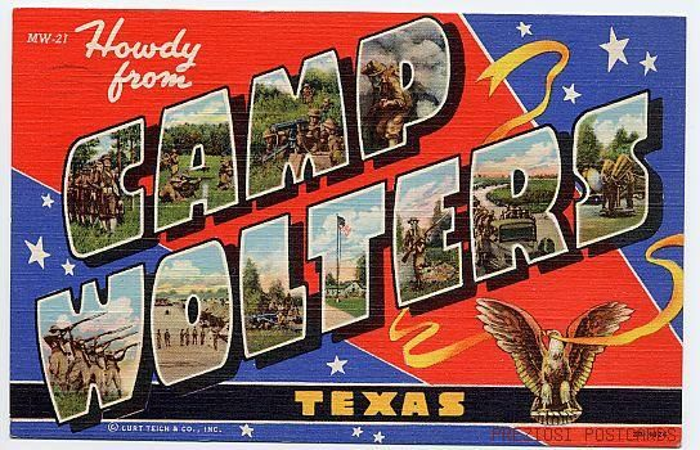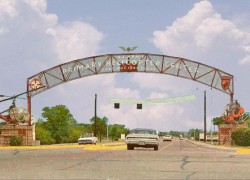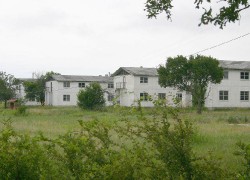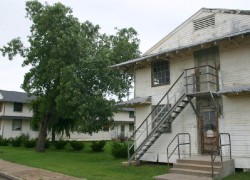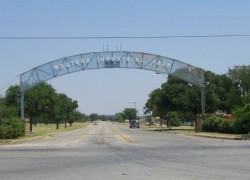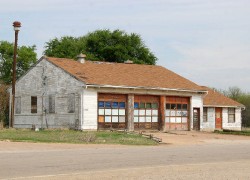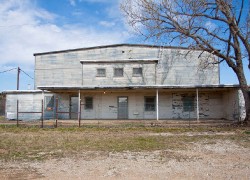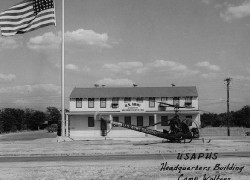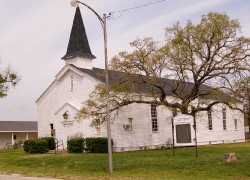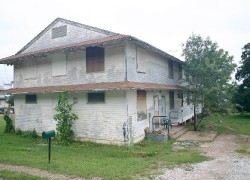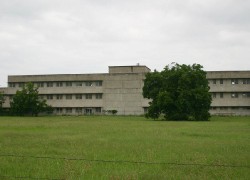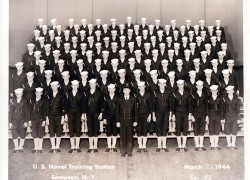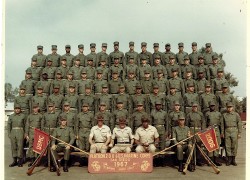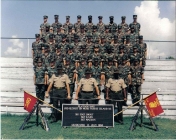Mineral Wells donated fifty acres, leased 2,300 acres, and in World War II provided land to increase the camp's area to 7,500 acres. The camp became an important infantry-replacement training center with a troop capacity that reached a peak of 24,973. Six months after the end of the war the camp was deactivated.

Local businessmen purchased the land and facilities and converted them to private use. The tensions of the cold war, however, resulted in the reopening of the camp in early 1951, under the authority of the United States Air Force. At the installation, then named Wolters Air Force Base, was housed the newly formed Aviation Engineer Force. Special-category army and air force personnel were trained there.
In September 1956 the base became the Primary Helicopter Center directed by the United States Army. In June 1963 it was renamed Fort Wolters. At the time all army rotary-wing aviators received basic and primary flight training there. The Vietnam War increased the need for pilots, and the base became the home for training not just army personnel, but also helicopter pilots for the Marine Corps in 1968 and for the Air Force in 1970. By 1970 Fort Wolters covered 8,500 acres and leased an additional 1,700 to help handle the 1,200 helicopters used at the camp. By January 1, 1973, 40,000 students had completed the twenty-week training program. The base was also the home of the Beach Army Hospital, the Eighty-fourth Military Police Detachment, the 328th United States Army Band, and United States Army Reserve Detachment 20, Sixteenth Weather Squadron.
In 1975 orders deactivating the base were issued. Part of the land and facilities became the property of the city and private businessmen; ninety acres and thirteen buildings became the Education Center of Weatherford College. A portion of the land was also transferred by the United States government to the state of Texas for development as part of Lake Mineral Wells State Park.
Gallery:
